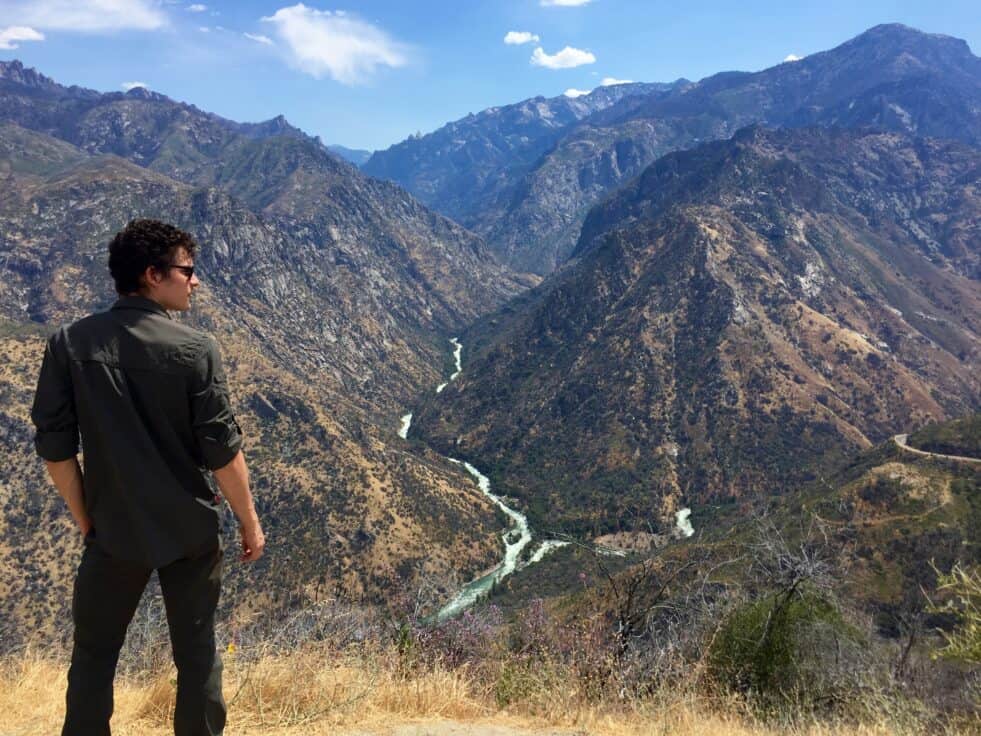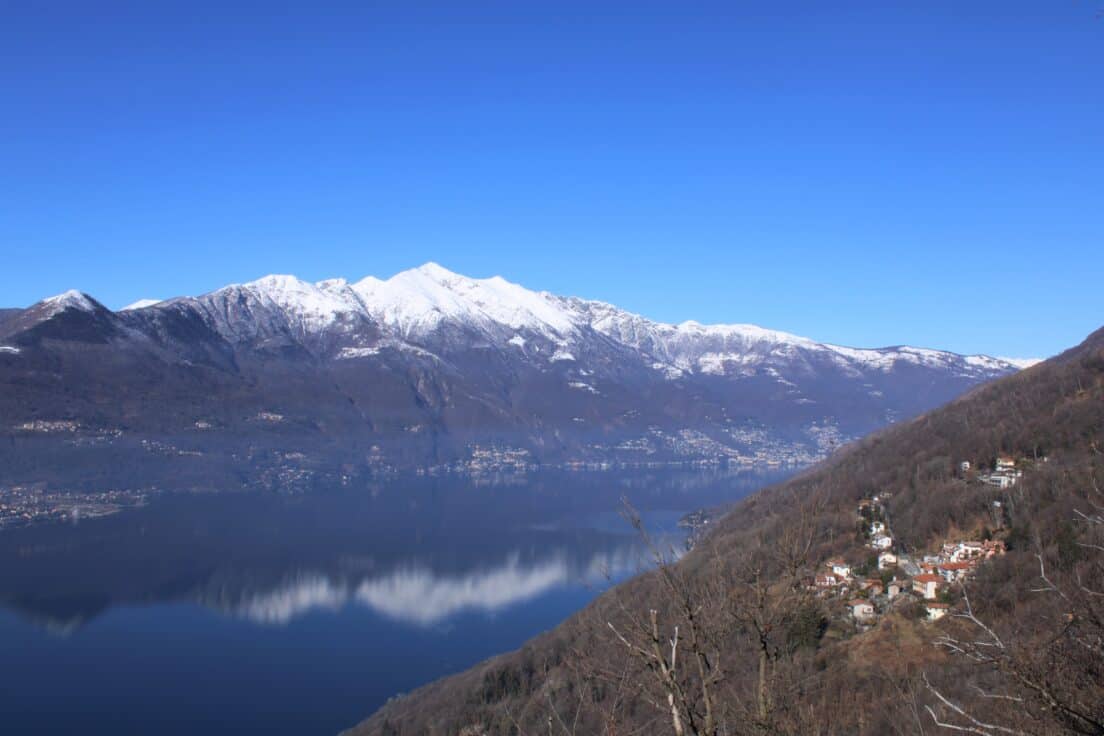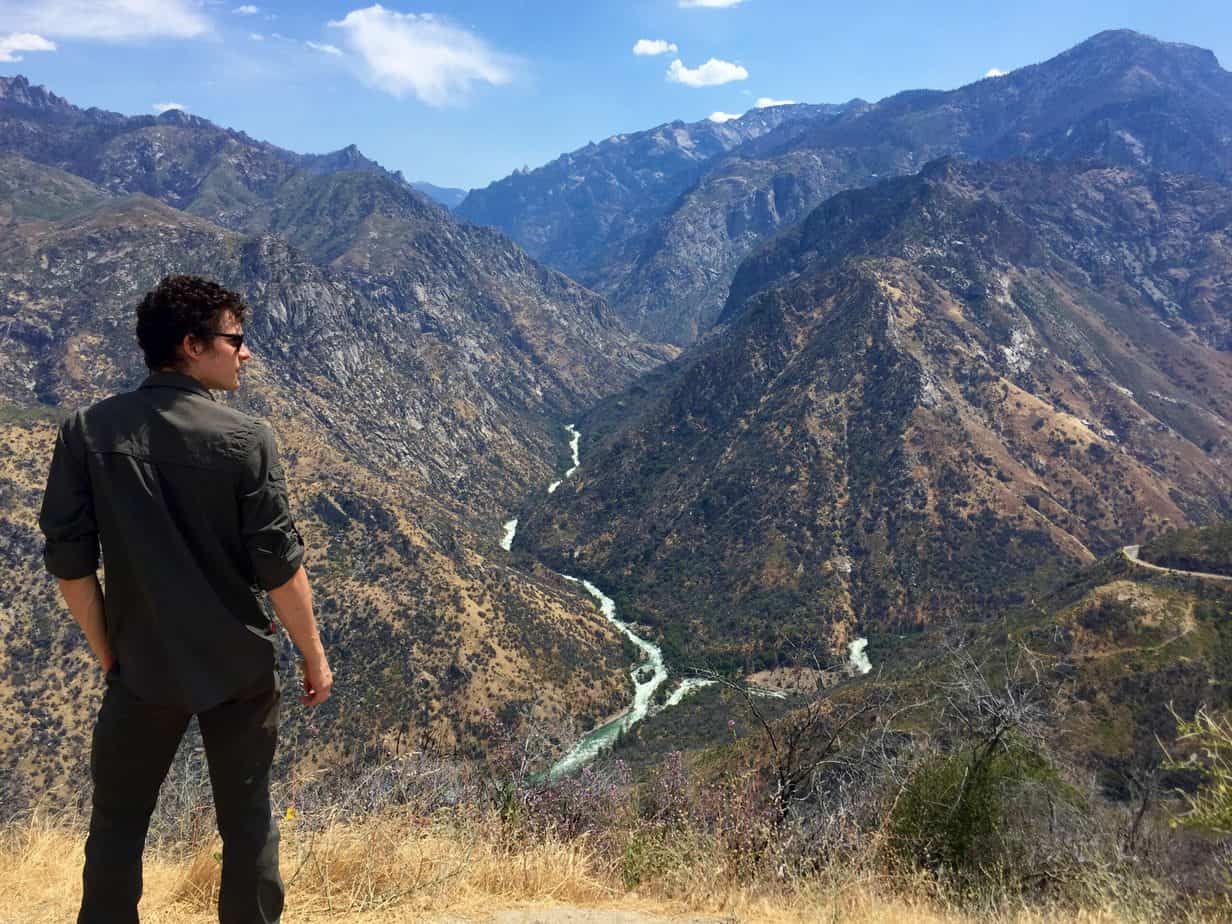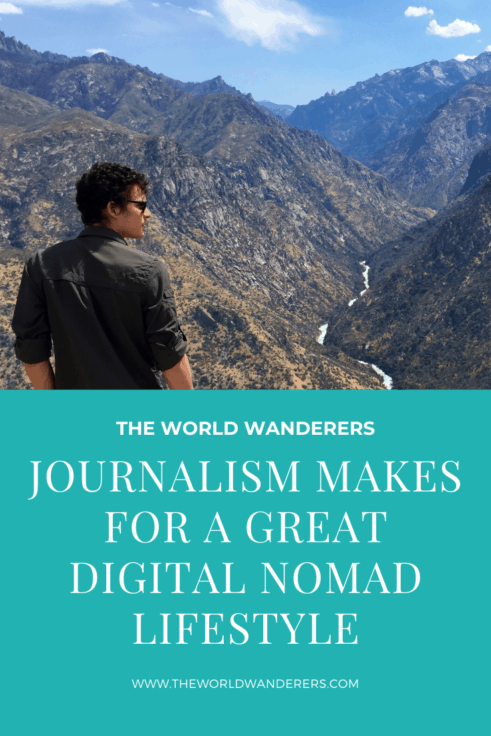In autumn 2016 I was in limbo; drifting from one day to the next with only a vague inclination of how to pass the hours. It was as if someone had gone up to the mixing board and turned all the instrument tracks down in my headphones, while leaving only some all-pervading white noise.
I had just come back from a three-month Gran Tour, visiting 6 European countries, and over a dozen major cities. Then I was back at home all of a sudden, at my preferred form of crumby job — warehousing.
This went on until the November of that year when, during my labor-intensive shift printing cardboard boxes, stuffing them with spare airplane parts, slapping a label on, and helping load them into the back of a FedEx truck, I listened to episode 277 of Ari Shaffir’s Skeptic Tank Podcast, with Henry Rollins as a guest.
Rollins, a famous hardcore punk rock musician turned general celebrity, is also an author of 27 books, a photographer, a spoken word performer, and traveler to over 100 countries plus Antarctica. For two hours he regaled the host with stories of dodging violent communists on the streets of Nepal, and watching communal cremations in Bhutan; of hours spent sifting through bootleg record stores in Russia and days trundling over the Sahara in Mali to reach the Desert Music Festival; of walking through cornfields grown on the corpses of dead South-Sudanese child soldiers, and seeing the world’s largest concentration of whales visiting the South Georgian Islands in Antarctic Spring.
He helped me realize what the white noise muddying my brain every day was, the vicissitudes of travel left the rest of the world just too bland for me.

Journalism as a Digital Nomad Career/Side-Hustle
If you’ve ever wanted to be a journalist, or writer of articles using journalistic practices, you don’t have to have gone to school for it. Journalism, I always say, is not about having a degree or a camera; it’s about the size of your metaphorical cahones.
Travelers and digital nomads have the unique opportunity to tell stories — to let people inside the intimate details of individual lives, unknown places, or cultural movements that would never make it onto the New York Times or the Washington Post.
Journalism isn’t only covering statements made by government officials. Journalism is reporting on world conditions, either for a country, a city, a business, or a person.
Sure, maybe you’re not like Julian Assange, exposing war crimes committed by the world’s biggest governments, but that doesn’t mean you can’t write or report on compelling content. In a story I sourced from documents leaked to the Grayzone, an American investigative news outlet, I detailed how during the Syrian War, western and Arabic media sources relied on “Stringers,” essentially people who report minute by minute, on the ground, feeding the stories back to larger news agencies.
Stringers are a great way to get your foot in the door with journalism, since they are imperative and often just passersby when something takes place.
This doesn’t necessarily mean you have to go around waiting for someone to hit a car bomb, but staying alert in a country can give you all kinds of opportunities for “stringing,” and then maybe even a feature-length piece once you have that foot in that door.
Photojournalism
People looking to make some sort of career as a digital nomad will inevitably be drawn towards photography. But I’m here to tell you that you don’t need to buy a $1,500 camera and a $400 lens to take journalism-quality photos.
Photojournalism is a great way to supplement digital nomad income, or build an entire career around your travel hobby.
If you end up at a rural or far flung part of the world, taking photographs of scenic areas, markets, ethnic groups, etc. and putting them on the internet with proper licensing and SEO makes some photographers a lot of money.
Big media outlets source photos by opening their photo resources like Shutterstock, or an email contact list of photographers they have in an area, and buy their photos that way.
But photos of places or things that a news outlet is covering might not always be available. This becomes a big source of exposure and money for photojournalists, because journalism needs a photographic element. Here’s a perfect example…
The Fish Rot Scandal was one of the largest political scandals in Nambia’s history. In 2020 I was in the country, albeit without a camera, when collusion between big fishing fleets and government departments was revealed. The BBC, Al Jazeera, and even the Wall Street Journal reported on it, and where do you suppose they sourced their photos? Whichever photographers happened to be in the area taking pictures of fishermen, politicians, boats, etc.
The scandal had occurred in Walvis Bay, a popular tourist destination. If the digital nomad photojournalist saw the news, a simple walk down to the harbor to take photos might have yielded a gold mine.

Digital Nomad Journalism Facilitates Adventure
As travelers, we have a very developed sense of danger – both the perception of it in our immediate environment, and the foresight of its existence, or lack thereof, from our desks at home.
Whereas sponsored travel, destination reviews, and even big budget travel outlets like CNN or Nat Geo tend to zero in on well-known locations, amateur journalism can furnish you with a real reason to explore the world.
Since cornering SEO niches is such a hallmark of successful internet writing, what better way to do it than to report on a town, national park, language, cuisine, island, custom, or other feature of the world which no one else has written about?
This has two effects. The first is it increases the value of any pieces you’ve written and which you’re trying to sell, since it will offer a massive SEO market share to a big news outlet. The second is that if you manage your own site, or blog, it will boost your own traffic through monopolizing the SEO keywords in the case that no one decides they want to run the story.
You’ll have several opportunities to write these pieces, because anyone who tries to plan a trip in a remote country or region finishes it having said, at least once, “I wish I had known that/this before”. For me it was renting a car in Namibia: what you need and what you don’t.
Writing that piece solves that problem for anyone like you, while giving yourself a neat little share of internet traffic.
Conclusion
Being a journalist is hard because it requires self-motivation. But digital nomadship tends in that direction, however, and the benefits are many, including an expanded area of entry into a job market, the opportunity to get your name and work out into a much broader audience, and the opportunity to make some real money (The Guardian will pay nearly 700 pounds for a long travel feature with photos).
Lastly, traveling journalists often get treated by locals to nice perks, and there’s a respect and wonderment for a traveling writer that makes me feel good in a way that nothing else can. For example when I told my wife’s aunt, she replied “Mamma mia, che bel lavoro” (What beautiful work).
Andy Corbley is an American writer and journalist living in Italy. He runs World at Large, a small news outlet focused on travel and other topics like health and American foreign policy.





